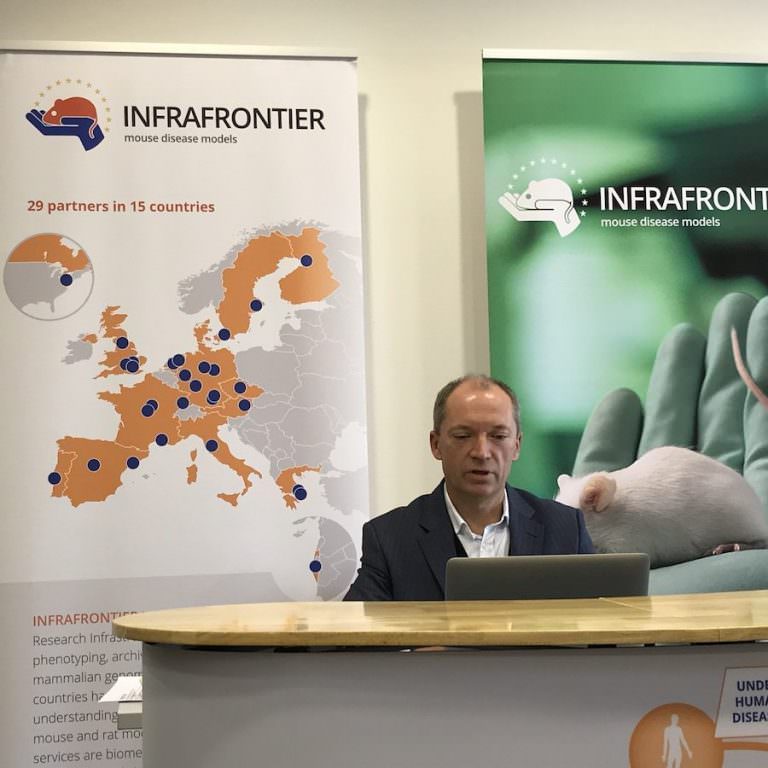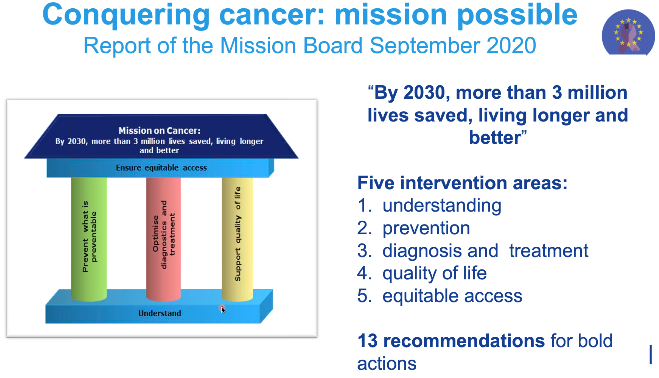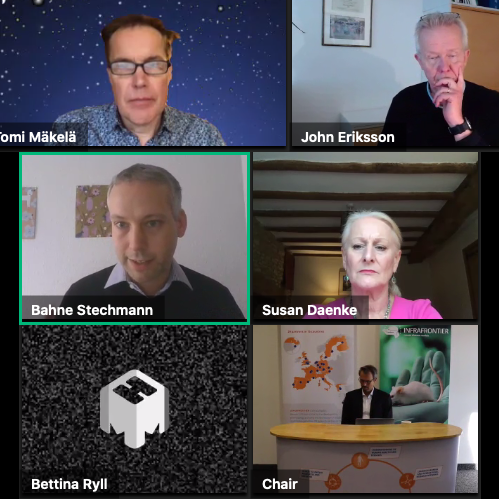In session 1, INFRAFRONTIER scientific director Martin Hrabě de Angelis welcomed more than 120 participants from four continents who wanted to be informed about “Innovative in vivo and in vitro Models in Cancer Research”. A brilliant keynote speech by Hellmut Augustin from German Cancer Research Center in Heidelberg, explained in detail “The Need for better Preclinical Mouse Tumor Models”. In seven talks covering topics like breast cancer development, patient-derived xenografts, tumor organoids and others, the audience learned how cancer researchers today use different models to find new strategies to combat cancer. This session gave an intriguing snapshot of the different cancer models being used at the moment.
INFRAFRONTIER Conference 2020: How Mouse Models support top level Cancer Research

How can genetically modified mouse models help scientists with their research on cancer – one of the predominant causes of human deaths in Europe and worldwide? This was the working question dominating the 4th Annual Conference of the INFRAFRONTIER Research Infrastructure, held virtually on 7 and 8 October 2020.

Session 2 started with a keynote of Bernard Malissen from Centre d’immunologie in Marseille about “Investigating cancer immunotherapies using mouse models”. It was followed by six INFRAFRONTIER stakeholder talks by top level mouse geneticists and cancer specialists from Italy, Israel, and Germany. They gave insights to fascinating research projects like the use of “intravital multi-photon microscopy in a syngeneic melanoma mouse model”, a “rodent model for KIT-induced human cancer” and the “role of Collagen XVIII in normal and malignant hematopoiesis”, thereby highlighting how INFRAFRONTIER partners are contributing to cancer research.

Session 3 focused on the background of the current cancer research policy in the European Union: Tomi Mäkelä, a member of EU´s newly formed Cancer Mission Board, explained why cancer is an ever-growing challenge for Europe – and how the EU plans to face this challenge in its new 7-years framework programme Horizon Europe (2021 to 2027).
Specialists from several European research infrastructures and projects like Euro-BioImaging, Instruct, EU-Openscreen, EurOPDX and INFRAFRONTIER told the audience how they organise the Europe-wide coordination and support for cancer researchers in different areas. In a high-profile speech, Bettina Ryll from the Melanoma Patient Network Europe defined from a patient advocate´s point of view what kind of research really matters for (cancer) patients.

A panel discussion on “How European Life Sciences Infrastructures can contribute to the EU Cancer Mission” closed a conference full of high-profile research talks – enriched by a rare, but valuable exchange between cancer scientists, EU research policy representatives, Research Infrastructure experts, and patient advocate organisations.
See details on the agenda and the speakers here.